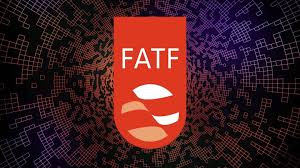ISLAMABAD: A European Union (EU) monitoring mission comprising officials from the European External Action Service (EEAS) arrived in Pakistan on Wednesday to assess the effective implementation of 27 international conventions to which Pakistan is a signatory.
The delegation also includes the European Commission’s Directorates-General for Trade and Employment, Social Affairs, and Inclusion, said a statement issued by the EU’s mission in Pakistan.
The GSP+ (Generalized Scheme of Preferences Plus) provides wide-ranging tariff preferences for imports to the EU from vulnerable developing countries to support poverty eradication, sustainable development, and their participation in the global economy and reinforce good governance.
Eligible countries like Pakistan can export goods to the EU market at zero duties for 66% of tariff lines. This preferential status is conditional on GSP+ countries demonstrating tangible progress on the implementation of 27 international conventions on human and labor rights, environmental protection, climate change, and good governance.
The mission’s findings will be part of the next GSP report, which will be presented to the European Parliament and the Council towards the end of 2022, said a statement.
The EU regularly sends monitoring missions to assess the situation on the ground and subsequently reflect its evaluation in the publicly available report to the European Parliament and the EU Member States in the Council. So far, three biennial reviews have been concluded in 2016, 2018, and 2020, respectively.
The current GSP framework is coming to an end in December 2023. The legislative process on its successor for 2024-2033 is ongoing.
Apart from Pakistan, the EU currently unilaterally grants GSP+ tariff concessions to Bolivia, Cabo Verde, Kyrgyzstan, Mongolia, the Philippines, Sri Lanka, and Uzbekistan.
















































